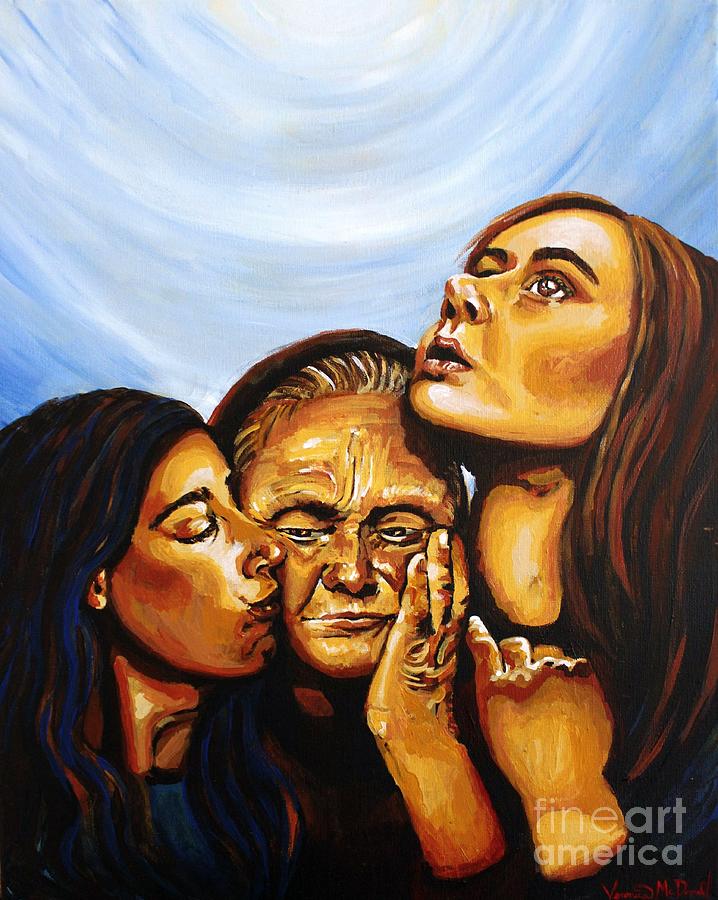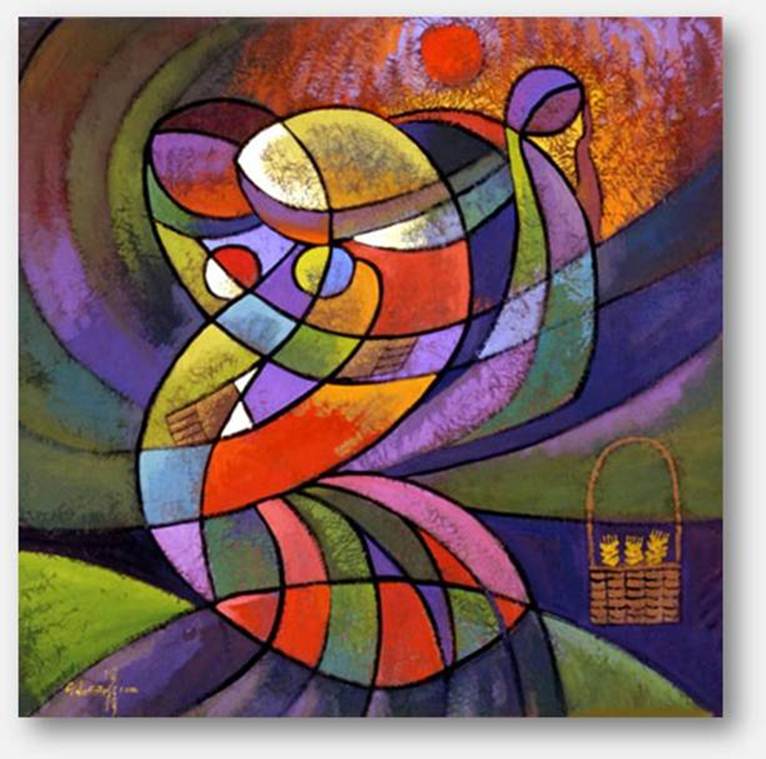In a rural area of West Yorkshire, just up the road from a chaple I work with, there is graffiti on the road #QAnon. If you have not yet come across QAnon then let me introduce you - it is a an internet group that promotes a range of conspiracy theories, especially that Trump is the appointed one to unveil a paedophilic corruption across all other groups in politics and entertainment and finance. They follow the revelations of Q, with no idea who Q is or whether it is even one person.
It doesn't seem that long ago that conspiracy theories were confined to the loner, the rare person disconnected from wider society, seen as weird and definitely not mainstream. Today however we find people citing conspiracy theories in every local community facebook page, denying science and seeing everything as a matter of state control.
How did this change happen?
Lets look at history, how the status of 'those who know' was for a long time the leaders of the church (Catholic only at that time). This was partly challenged in the reformation, but still authority was rooted in faith. Then came the scientific renaissence, this started as people of faith exploring their world, but then came into conflict with the religious ideas of the time.
From then science began to take the voice of authority to culture, not all at once but by the 20th century science was seen as opposite to faith. The promise of science was that knowledge will continue to grow and in time explain everything and have the answers to all the problems of life.
Late 20th century and into the 21st we have found that science has not had all the answers, and has not fixed all the problems. There has been cultural disillusion with the faith in science, and we have reached the point where that trust has crumbled to the point where science is not only not trusted as the answer but is even seen as false.
Then every point of authority becomes something to doubt - and fake news is as valid as that with factual basis. Evidence that has witnesses backing it is dismissed as biased, and any conspiracy view is seen as worth equal exposure, or even more valid.
The irony is that science never claimed what people expected of it. As someone taking a science degree in the 1990s I can testify that scientists only saw their views as 'the best interpretation so far' where it is always open to being reviewed and even abandoning if new information emerges.
Now we are here in 2020 - faith was dismissed a century ago, and now science has let humanity down as it has not stopped bad stuff happening. I think the rise of conspiracy theories is rooted in this loss of trust in any of the former authorities. In a pandemic where the voice of science is being heard it is immediately distrusted, not becauise of other relevant data but simply because anything said by science is assumed to be untrustworthy.
Meanwhile human nature seeks meaning, reason, some intelligence behind what happens to us. It is why people will say in the face of struggles 'everything happens for a reason'. Some take that on a faith basis - 'God has his reasons for this', for others it is the sense of the power of the universe. The idea of randomness is too scary, and also suggests that we cannot control our situations.
So the conspiracy theories - if you cannot trust God and cannot trust science yet believe there is a reason, a mind, behind the problems in life, then who do you blame? It makes people vulnerable to groups claiming they know who is at fault, who has an agenda, who is manipulating the masses and there are plenty of those seeking to fill that vaccuum.
Suddenly the conspiracy theorist is just down your street, claiming there is no Covid illness, that mask wearing is not care for our neighbours but a deliberate attack on rights in order to control us.
Is there corruption in power? Probably, the temption to support those like you is always there. Are there failures in political leadership? Probably, there is no such thing as perfection. Does this mean that there is a complex set of groups working together for a single master plan in our world? Don't think so, that would take a level of co-operation and planning that is beyond what our leaders are likely to manage. I was once told 'assume incompetence before conspiracy', and that is where I stand.
I believe in the place of science, whilst recognising its limits and constraints. I am a person of faith whilst respecting that this does not give me the authority to tell others how to live. I am frustrated by the politics of our times and the impact on those in need, but do not see any master plans at work, merely human failures, as I live with my own failures.













